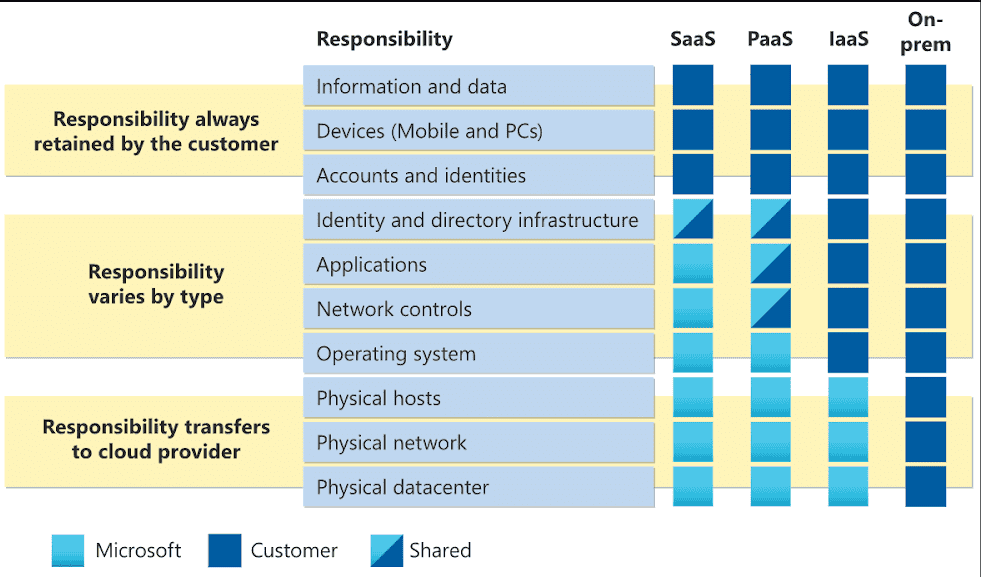What is Cloud Computing?
Cloud computing is a way to use the internet to access different types of technology services. These services include things like virtual machines, storage, databases, networks, and tools for artificial intelligence and the Internet of Things. Instead of having to buy and maintain your own physical equipment, you can use these services over the internet.
9 Interesting Facts About Cloud Computing
- Cloud computing was first proposed in the 1960s by computer scientist John McCarthy, who envisioned a “time-sharing” system where users could remotely access computing resources over a network.
- The term “cloud computing” was first used in a paper by computer scientist and mathematician Ramnath Chellappa in 1997.
- The first commercial cloud computing service, Salesforce.com, was launched in 1999 and provided customer relationship management (CRM) services over the internet.
- Google (Google Cloud Platform) and Amazon(Amazon Web services) are not only the largest cloud providers in the world, but also the largest consumers of cloud services, using their own infrastructure for their various products and services.
- In recent years, cloud computing has been increasingly used for internet of things (IoT) applications, with cloud-based platforms and services being used to manage and analyze the large amounts of data generated by IoT devices.
- Many governments around the world are investing in cloud computing to improve the delivery of public services and increase efficiency.
- While cloud computing has traditionally been associated with software-as-a-service (SaaS), platform-as-a-service (PaaS), and infrastructure-as-a-service (IaaS), there are now new forms of cloud computing like edge computing and fog computing which are becoming more popular.
- Some of the biggest companies in the world like Netflix, Apple, and Dropbox have all built their own private cloud infrastructure rather than relying on public cloud providers like AWS, Azure, and Google Cloud.
- The global cloud computing market is expected to grow at a CAGR of over 17% during the period 2020-2025.
Different types of Cloud Computing
Infrastructure as a Service (IaaS): It provides virtual computing resources like renting hardware, storage, and networking over the internet. The user can access all these resources without separately investing in the upkeep and maintenance of the system.
Platform as a Service (PaaS): It provides a platform for application development, testing, and deployment of the application. PaaS has tools for web development and database management.
Software as a Service (SaaS): SaaS delivers software applications to the user. It is managed by a cloud service provider. Web-based email is a good example of Saas.
There are also different types of clouds, like private clouds that are only used by one organization, public clouds that are maintained by a third party and can be used by anyone, hybrid clouds that use both public and private clouds, and multi-clouds that use multiple public clouds.
5 Benefits of Cloud Computing
- Scalability and Flexibility: One of the key benefits of cloud computing is that it gives leverage to businesses to scale up and down their IT source requirement. Thus it enhances the overall flexibility of operation while making it easier for organizations to accommodate the changes.
- Cost savings: Switching to cloud computing can help in saving infrastructure costs. Businesses can access the resources they need and pay for the same. Thus it saves the additional cost associated with the maintenance of the system.
- Increased Collaboration: One of the remarkable benefits of cloud computing is that it allows remote collaboration, thus making it easier to work remotely.
- Improved Data Security: Digital data security is one of the prime concerns of organizations. With cloud computing, you have the information secured in a robust security system. The cloud service provider ensures stringent security measures like encryption, firewalls, and frequent backups. Thus making the system impervious to hackers.
- Access to Advanced Technology: With cloud computing, businesses can access advanced technologies and services like AI, ML, and advanced analytics, which eventually boosts up the business.
Conclusion
In conclusion, cloud computing is a recent technological development that has the potential to have a great impact on the world. It has many benefits that it provides to its users and businesses however there is a lot of research that is still required in this area as many of the concerns related to security and privacy issues are not been answered by the experts and remain open. There is a lot of research and investment in the area by the Information technology giants like Microsoft, Google, Cisco, and IBM in this area and the day is not far when the cloud will be widely adopted and all the security and privacy issues will be handled.
Cloud computing will affect a large part of the computer industry including Software companies, and Internet service providers. Cloud computing makes it very easy for companies to provide their products to end-users without worrying about hardware configurations and other requirements of servers.












